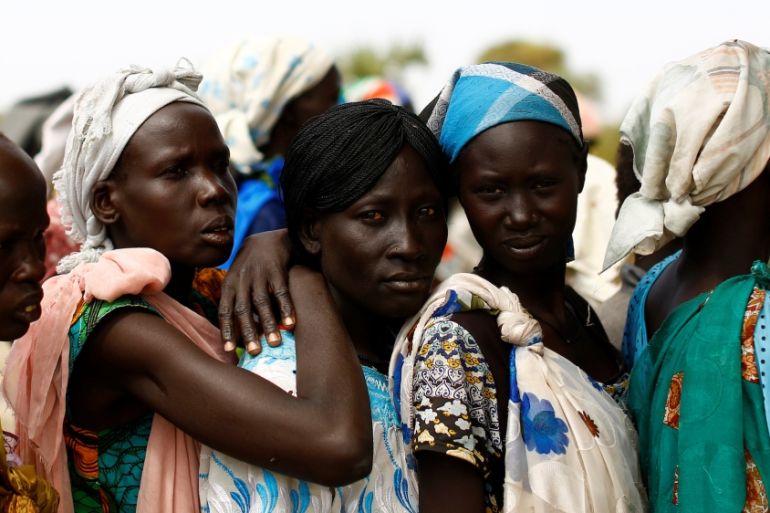Stakeholders in Nigeria, along with government officials, have united to prioritize the fair dispensation of justice for victims of sexual and gender-based violence and related crimes in anticipation of this year’s International Women’s Day.
This resolution emerged from a two-day conference gathering state commissioners from all 36 states of the federation.
The conference, organised by the International Institute for Democracy and Electoral Assistance with support from the European Union (EU), aimed to empower participants and foster collaborations to eradicate social disparities in Nigeria.
Among its recommendations, the conference urged governmental bodies, development institutions, and diplomatic missions to endorse and expand policies and interventions promoting gender equality and inclusion. Additionally, the media was called upon to advocate for solutions that safeguard the rights of women, children, and persons with disabilities (PWD).
Participants agreed to advocate for sustained efforts at all levels to reform legal frameworks, governmental policies, and institutional practices perpetuating gender inequalities.
During the conference, Barrister Uju Kennedy-Ohanenye, Nigeria’s Minister of Women’s Affairs, praised the EU and International IDEA’s support, affirming the government’s commitment to addressing the issue. She disclosed plans for President Bola Tinubu to inaugurate a transparency and integrity brigade on March 7, aimed at safeguarding women and children against abuse.
Kennedy-Ohanenye emphasised the need for collective action, stating, “We cannot do this alone, and the Women’s Affairs Ministry cannot do this alone.”
Danladi Plang, Head of Programmes at International IDEA, highlighted the conference’s focus on addressing the challenges faced by women, children, and persons with disabilities in accessing justice. He stressed the importance of both acknowledging these challenges and presenting available opportunities for justice.
Ini Adiakpan, Commissioner for Women Affairs in Akwa Ibom State, emphasised the end of neglecting women in decision-making processes. She applauded the establishment of inclusive schools, viewing them as a crucial step in combating stigmatisation.


